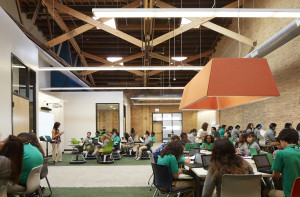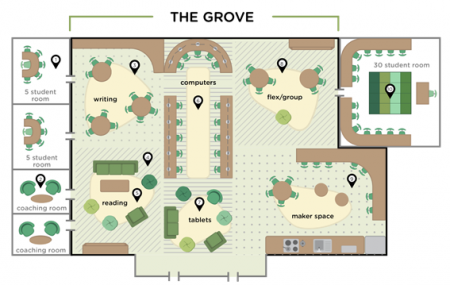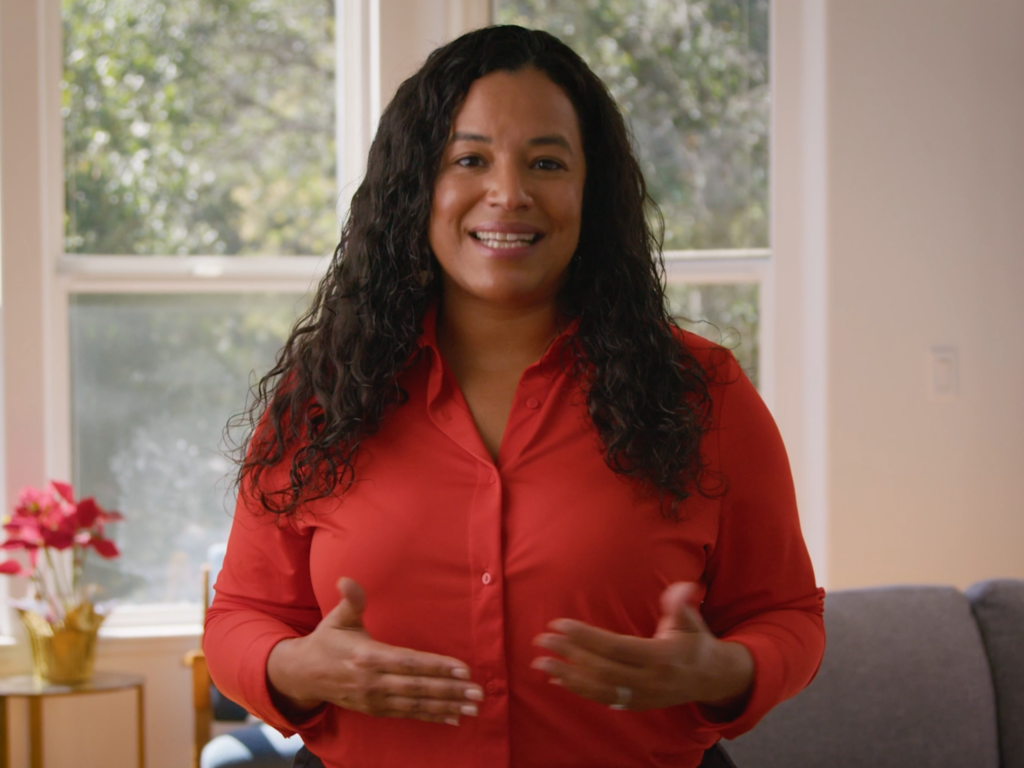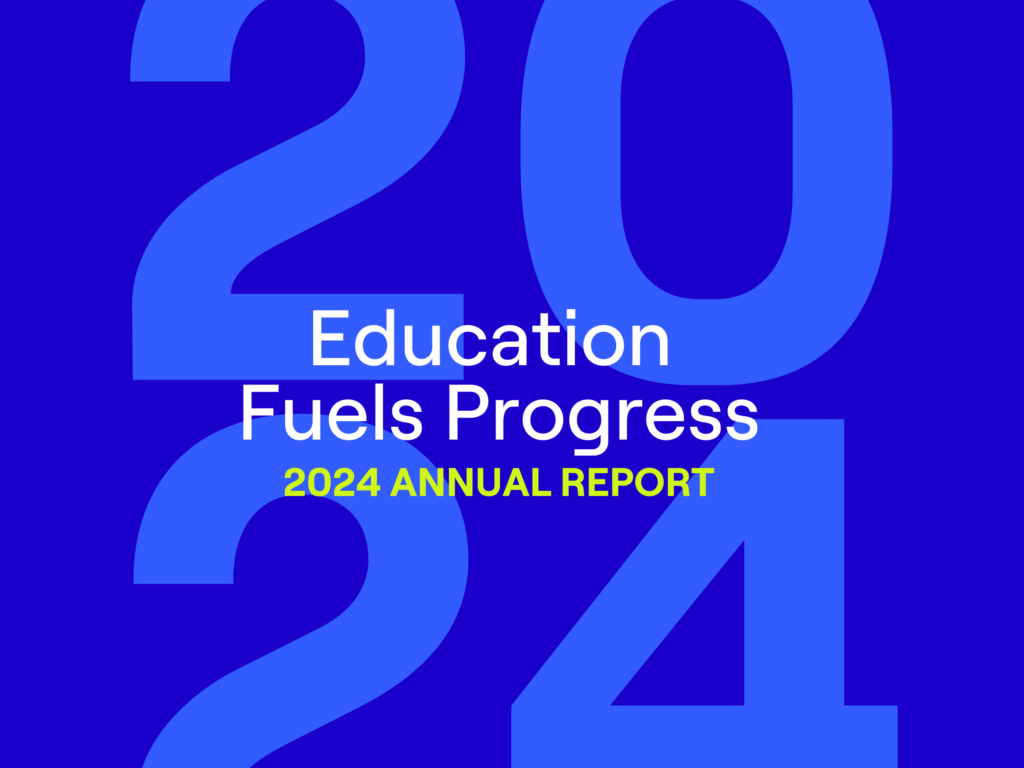Over the last three months, we have been convening, learning from, and visiting schools across the country that are in our Catapult 2015 cohort. Each school we support is reimagining, redesigning and recreating the student experience.
Through a series of blog posts, we are excited to highlight these schools and some of the ways they are building personalization, student agency and an expanded definition of student success into their models. If you know anyone launching an innovative school, learn more about funding opportunities through NewSchools Catapult.
In our first post, we start our journey in Chicago and Denver, where Intrinsic and Roots Elementary, respectively, are leveraging flexible scheduling to personalize learning for students. Then, we will head to San Diego and Detroit, where Thrive and Detroit Achievement Academy are using project-based learning to expand the definition of student success.
Flexible Scheduling to Personalize Learning
Intrinsic Schools are open-enrollment public charter schools serving students in 7th-12th grade. All students are grouped into grade-level pods, upwards of 60 students guided by a team of three teachers. These pods enable many opportunities for flexible grouping. Students move fluidly through different areas of the large classroom space based on their personalized learning plan and daily schedule.
They have opportunities to engage in independent work, teacher-led small group instruction, group work, project-based learning, one-on-one peer tutoring and large group discussion. With this structure, students get exposure to a wide variety of instructional strategies and have multiple opportunities for personalized instruction through small groups and individual skill work.
Roots Elementary is a charter school serving students in K-5th grade. The Grove is a multi-aged grouping of 100 scholars who share a physical space and a core set of teachers. The physical space is anchored on a large, open, flexible space where scholars engage in self-directed work (see image below). On the perimeter are closed classroom spaces where teachers pull groups for focused instruction.
In each Grove, there are 7-8 teachers serving different roles to support students:
- 2 coaches, whose primary responsibility is to nurture the metacognitive and non-cognitive skills of the scholars
- 2-3 content teachers, who focus on content instruction in ELA, math, science and social studies,
- 2 teaching fellows, who study under the coaches and the content teachers a provide additional instructional support
Both the Grove and the specialized teachers allow flexibility in the size and composition of groups based on the needs of the scholars.
Using Project-Based Learning to Expand the Definition of Student Success
Thrive Public Schools is a charter management organization currently serving students K-8th grade and planning to open a 9th-12th grade school in 2016. Thrive has a three-pronged instructional approach, which includes blended/targeted instruction in the morning, project-based learning in the afternoon and social-emotional learning weaved throughout. The combination of these instructional approaches supports students to be college-prepared, career-inspired, and community-minded. Through cross-disciplinary, teacher-designed and rigorously evaluated projects, students learn the skills they need for college by doing, designing, tinkering, building, presenting, and collaborating. The robust projects at Thrive rest on a strong foundation of intentional community building, habit development and problem solving that is intended to develop agency, empathy and understanding of self and others.
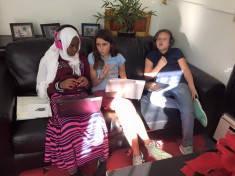
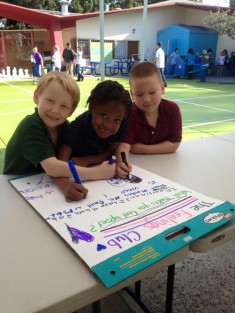
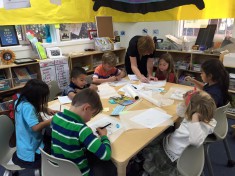
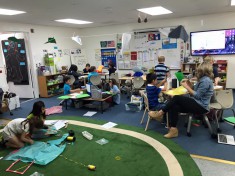
Detroit Achievement Academy (DAA) is a public charter school serving students in K-8th grade. DAA builds on the curricular framework of Expeditionary Learning, a project-based learning model through which students engage in rigorous cross-curricular expeditions. In these expeditions, students demonstrate proficiency and deeper understanding through the application of their learning. They develop skills to think critically and communicate clearly. Through structures such as crew, community meetings, exhibitions of student work, service learning and student-led conferences, students learn to develop the mindsets and skills to be effective learners, to treat people well, and to stand up for what is right.
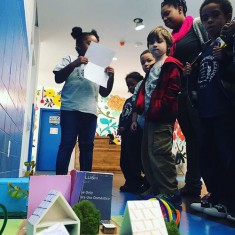
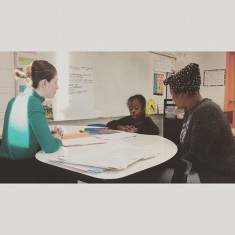
Next Stop: Competency-Based Progression and Innovative Human Capital Models
In our next post in January, we will visit Brooklyn Lab, A+UP, Ednovate and Charlotte Lab. Each of these schools is using competency-based progression and/or mastery-based grading to build student agency. We will also look at how they are innovating on their human capital models to personalize learning for students.
